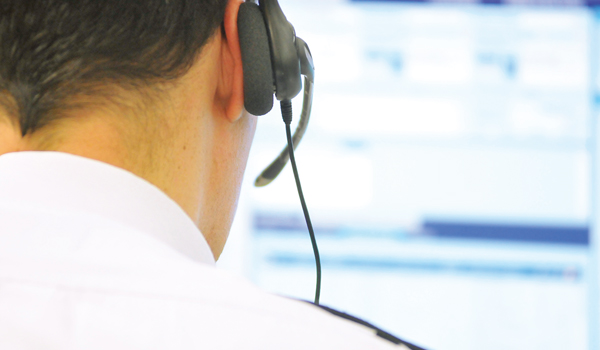Internet telephony surveillance
Using the Internet to make low cost or free telephone calls is becoming the latest telecoms trend. Police and security agencies are now lobbying ministers as they have fears that VoIP (Voice over Internet Protocol) telephone services will hide the identity of the caller and open the way for a rise in criminal activity.

Using the Internet to make low cost or free telephone calls is becoming the latest telecoms trend. Police and security agencies are now lobbying ministers as they have fears that VoIP (Voice over Internet Protocol) telephone services will hide the identity of the caller and open the way for a rise in criminal activity.
One scam, dubbed vishing, sees hi-tech criminals using net phone systems to convince people to hand over bank details, credit card numbers and other personal information.
Net phone technology allows the criminals to fake the number they call from, making it harder for the victims to identify fraudulent calls.
Law enforcement agencies have publicly stated that their main concern with VoIP systems is their vulnerability in dialling the 999 emergency numbers, which most of the services cannot do. However, the police are looking at how VoIP calls can be monitored and recorded.
Detective Superintendent Stuart Macleod outlined the concerns of the Data Communications Group (DCG) that reports to the Association of Chief Police Officers (ACPO), HM Revenue and Customs and the Serious and Organised Crime Agency (SOCA), amongst other agencies: “At present, law enforcement agencies have great difficulty in tracing the origin of VoIP calls.
This poses significant threats to our democratic society and it is for this reason that the DCG believes that it must be mandatory for VoIP service providers to be required to retain adequate records in respect of calls made using this technology.
Without these records, VoIP services will become the communication method of choice for criminals and terrorists, secure in the knowledge that their activities are untraceable by law enforcement agencies. If this situation is allowed to emerge because of inadequate regulation, then the DCG believes that criticism of government and those responsible for implementing regulatory controls will be huge.”
The problem that the police face with VoIP is that, unlike tracking a computer that has a unique IP address, VoIP calls are often made with wireless routers that generate a unique IP address for each VoIP call made. The situation becomes even more complex if the call is made from a Wi-Fi hotspot such as a café.
One SOCA officer said: “It`s another area where the technology has outstripped the legislation, the traceability and the powers that we have… You could buy a smart phone or PDA that`s wirelessly enabled that comes pre-loaded with £10 of wireless credit on it, download a program like Skype and then start making calls anonymously, and that`s got to be attractive to a criminal.”


